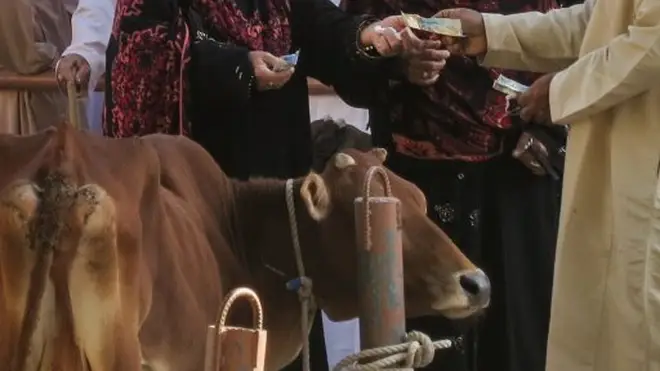
Ali Miraj 6pm - 9pm
13 April 2021, 17:53 | Updated: 13 April 2021, 18:02

The World Health Organisation (WHO), backed by key partners, has urged countries to suspend the sale of live animals captured from the wild in food markets.
This recommendation comes as the organisation says wild animals are a leading source of emerging infectious diseases such as coronavirus.
The interim guidance is aimed at reducing public health risks associated with these transactions as most emerging infectious diseases have wildlife origins.
The new guidance says that animals - particularly wild animals - "are the source of more than 70% of all emerging infectious diseases in humans, many of which are caused by novel viruses".

WHO scientists arrive in Wuhan to start pandemic investigation
It states: "Significant problems can arise when these markets allow the sale and slaughter of live animals, especially wild animals, which cannot be properly assessed for potential risks – in areas open to the public."
It adds: "Such environments provide the opportunity for animal viruses, including coronaviruses, to amplify themselves and transmit to new hosts, including humans."
WHO, @OIEAnimalHealth and @UNEP have issued guidance to reduce the public health risks associated with the sale of live wild animals for food in traditional food markets.https://t.co/vKU5RdszBD
— World Health Organization (WHO) (@WHO) April 13, 2021
The coronavirus pandemic is thought to have first appeared in the city of Wuhan, China.
READ MORE: WHO team visits Wuhan market where first Covid-19 infections detected
READ MORE: Coronavirus likely spread to people from an animal, new WHO report says
The WHO highlighted the risk of direct transmission of emerging infectious diseases to humans who come in contact with bodily fluids of an infected animal, and cited the "additional risk" of picking it up in places where such animals are housed or locations that could have been contaminated with such viruses.

Lambeth public health director explains origin of Covid surge
"Globally, traditional markets can play a central role in providing food and livelihoods for large populations," the WHO said in a statement.
However, it added: "Banning the sale of the animals can protect people's health - both those working there and those shopping there."
READ MORE: World Health Organization dubs European vaccine rollout 'unacceptably slow'
The WHO joined with the World Organisation for Animal Health and the UN environment programme in its analysis leading to the new recommendations.